After 25 years on the frontline of the HIV response, the International HIV/AIDS Alliance has changed name to Frontline AIDS.
Below is an official statement from the organization:
Our new era as Frontline AIDS is about breaking down the legal, political and social barriers that marginalise people and increase their risk of acquiring HIV or dying from AIDS-related illness.
Through our renewed purpose and focus, we will build new links with local, national and global health organisations and social justice movements. Because no one person or organisation can end AIDS alone.
Why Frontline? Because –
- We work with people on the frontline of the epidemic, including people living with HIV, marginalised people and communities, and those at increased risk of acquiring HIV.
- The frontline can be anywhere – from a health centre in La Paz to a needle and syringe exchange in Kyiv or a court building in Delhi to an activist march in Soweto. Wherever innovation, ideas and action are harnessed to help address the epidemic.
Why AIDS? Because –
- AIDS is not over. Last year, almost 1 million people lost their lives as a result of AIDS-related illnesses. More than half of those who died were from sub-Saharan Africa.
- We are at a critical moment in the epidemic, both epidemiologically and politically. The AIDS movement has driven astonishing progress over the past three decades but if the international community becomes complacent and slows down, or even stops, then we risk going backwards.
As Frontline AIDS we’re redoubling our efforts to tell the hidden story of AIDS, one often ignored or rejected by governments and health services. This means challenging the status quo, sharing difficult truths and working across borders and specialisms to bring the epidemic to an end.
The difficult truths are unpleasant to hear. 47% of new HIV infections are among marginalised people, including sex workers, people who use drugs, transgender people and men who have sex with men and their sexual partners; less than half of children under 15 living with HIV worldwide receive treatment; and people living with HIV are significantly more likely to be affected by chronic depression.
Some things at Frontline AIDS won’t change. We will continue to support and deliver high quality programming on HIV prevention, harm reduction, sexual and human rights. But, we plan to work differently: to be agile and flexible enough to work with new collaborators, on projects that drive the change that the world needs for a future free from AIDS, for everyone, everywhere.
So here’s our invitation to you:
Join us. End it.
Alliance for Public Health congratulates colleagues with a new brand identity!

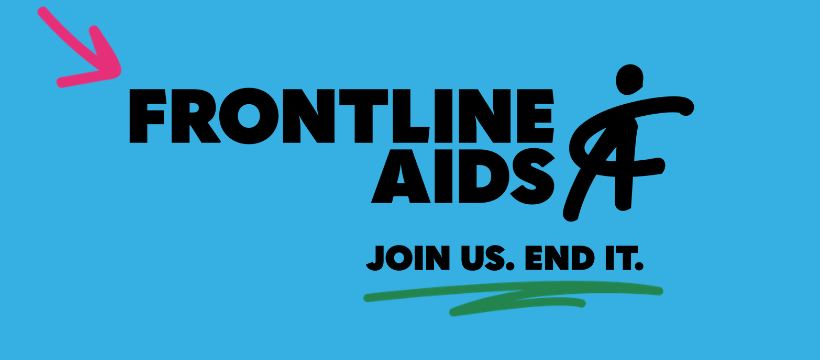
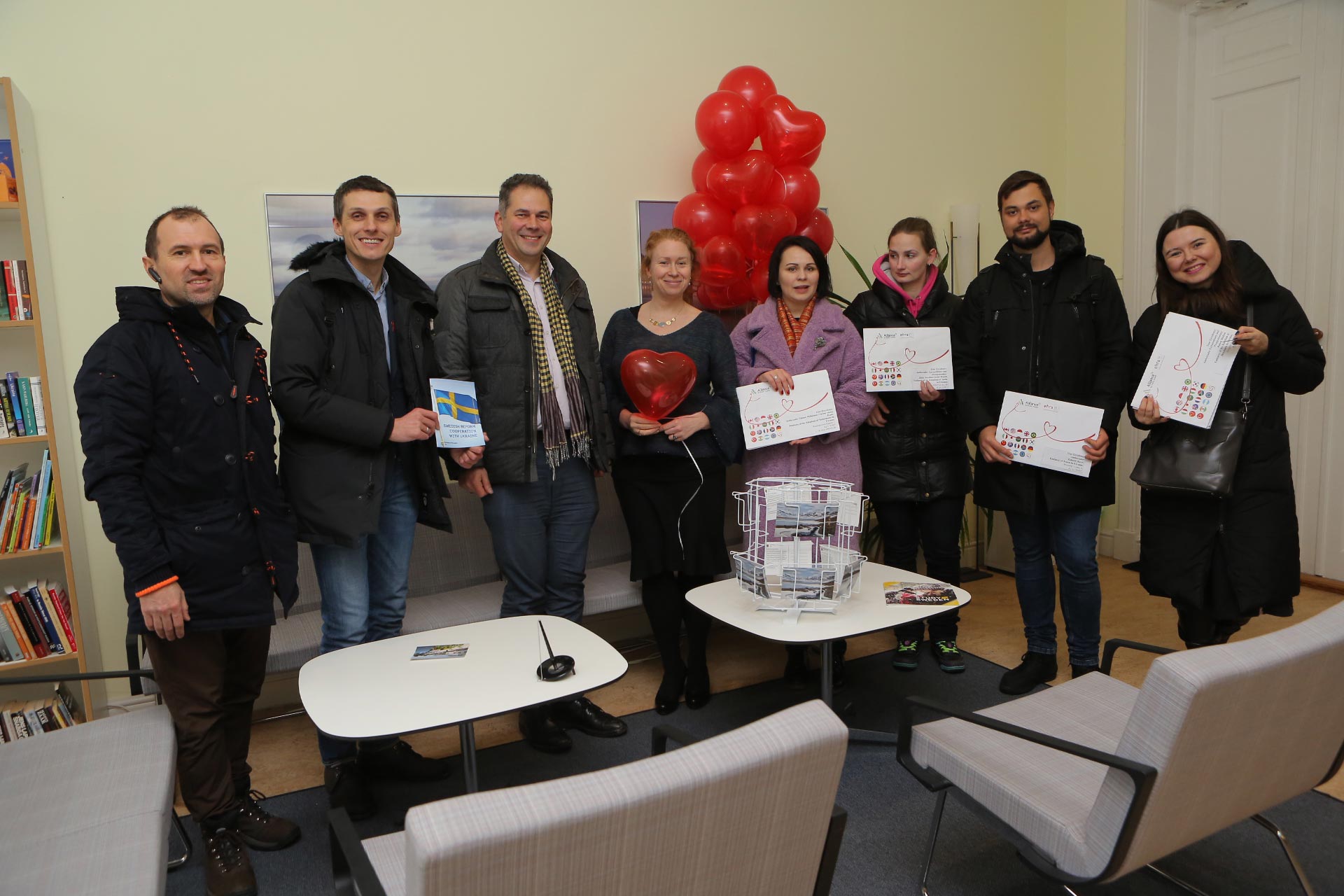




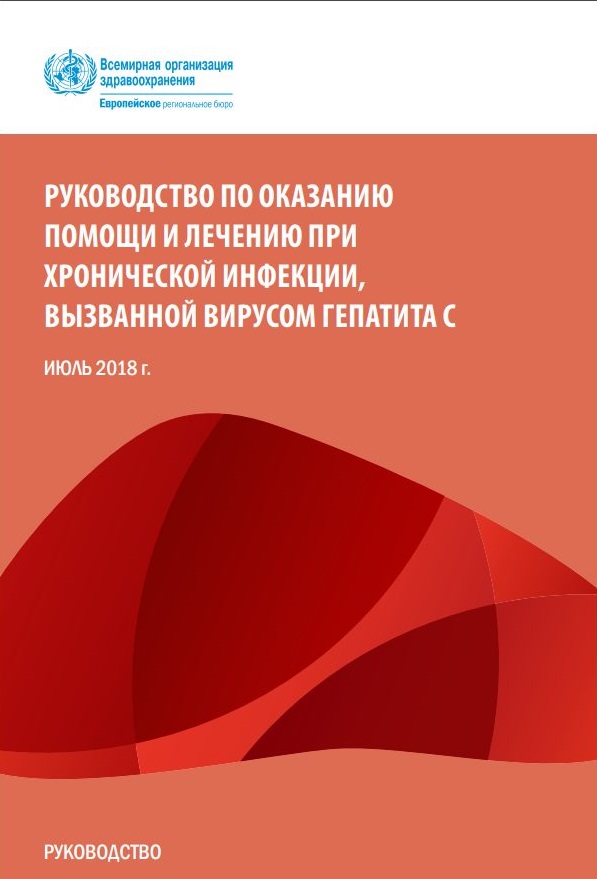
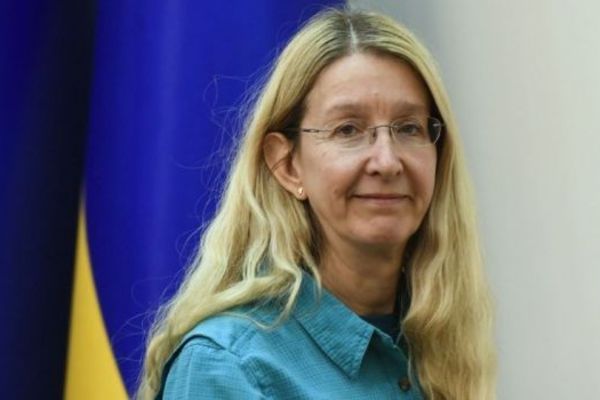
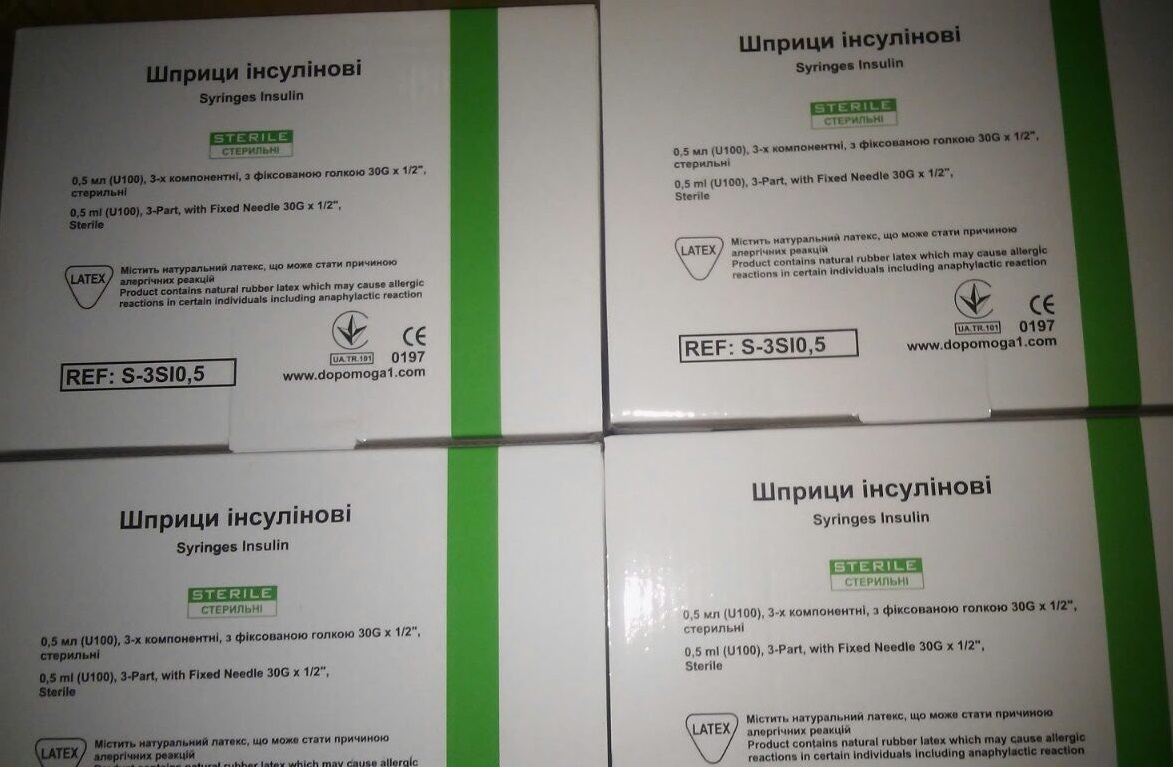


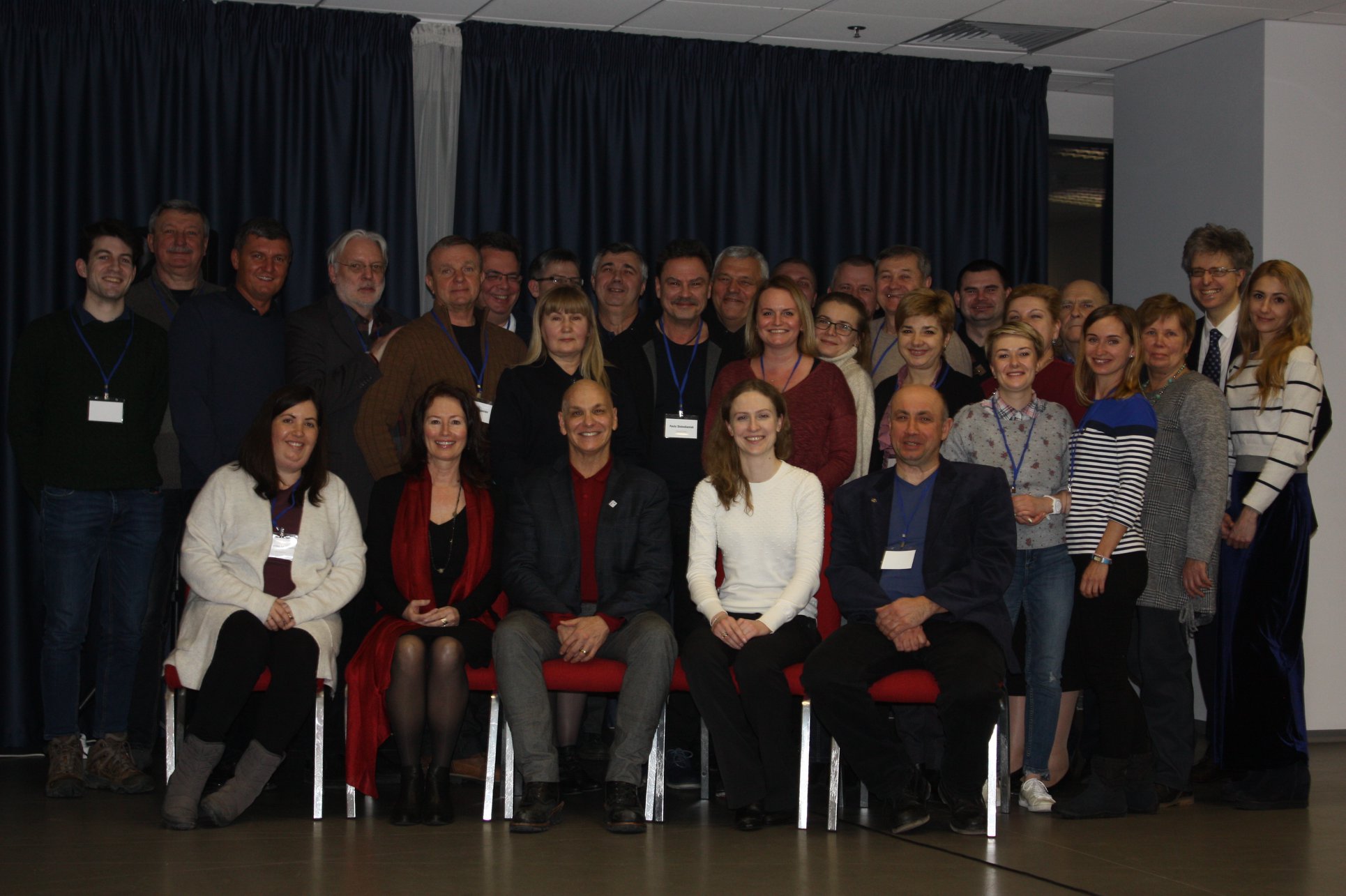



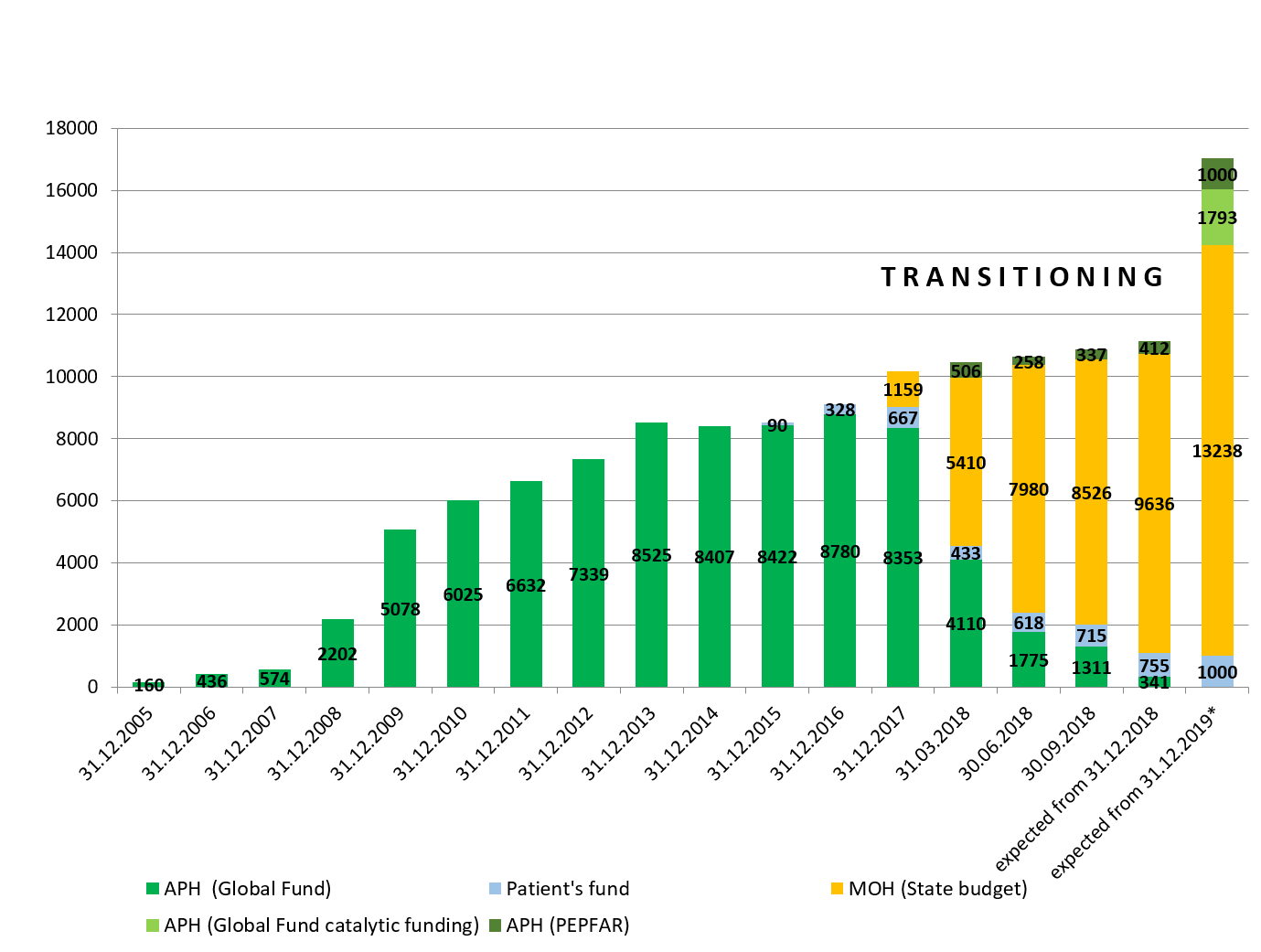
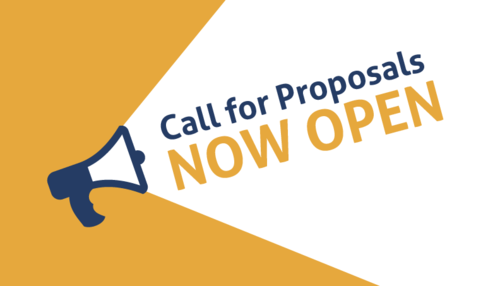
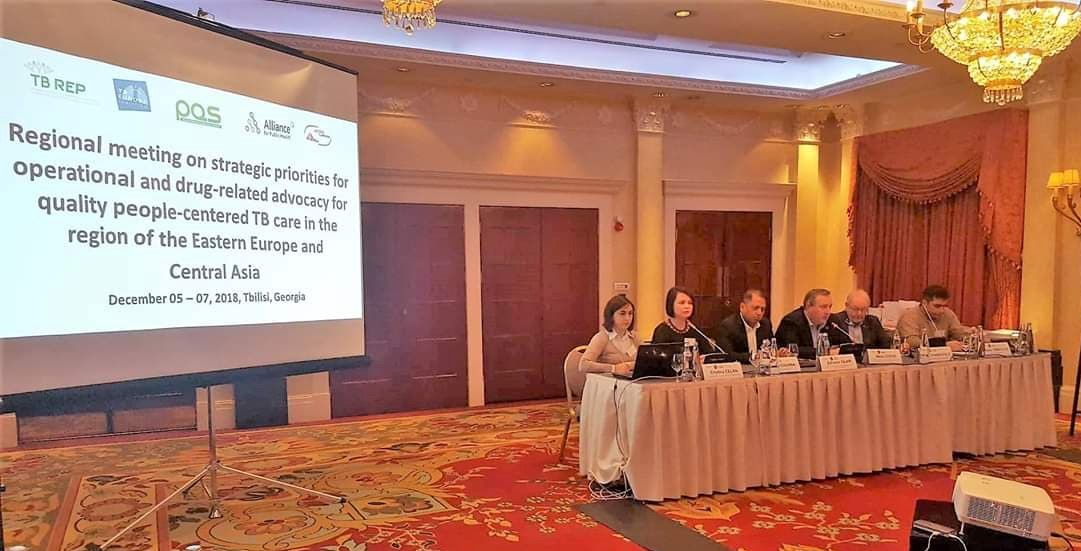
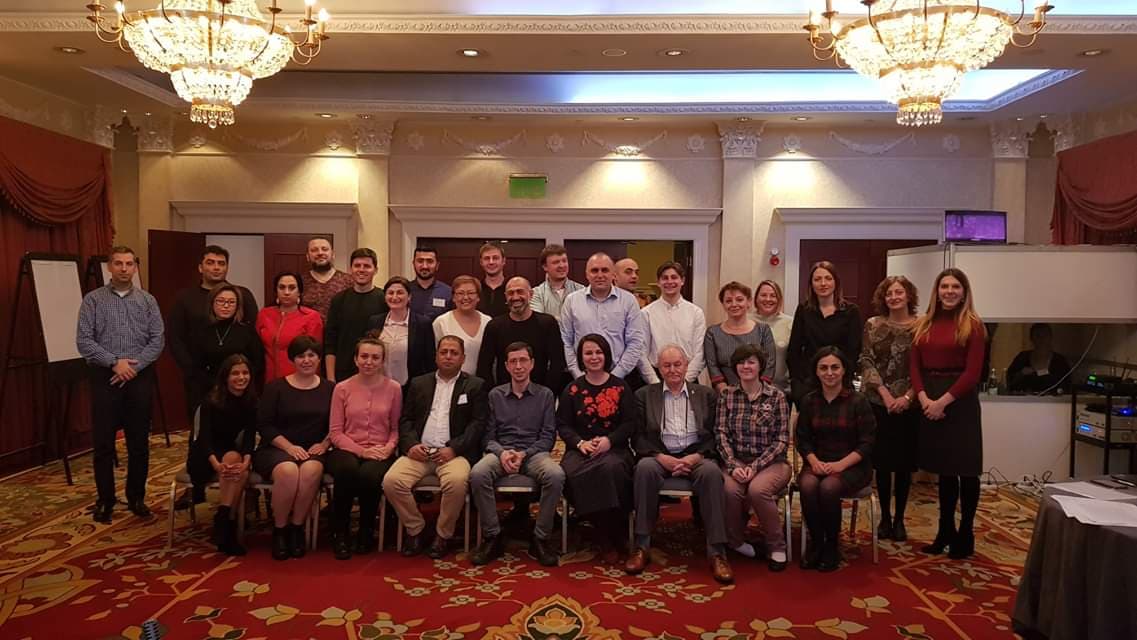 The main goal of the meeting was to launch the development and consequent implementation of the combined EECA advocacy strategy on three diseases TB/HIV/HCV.
The main goal of the meeting was to launch the development and consequent implementation of the combined EECA advocacy strategy on three diseases TB/HIV/HCV.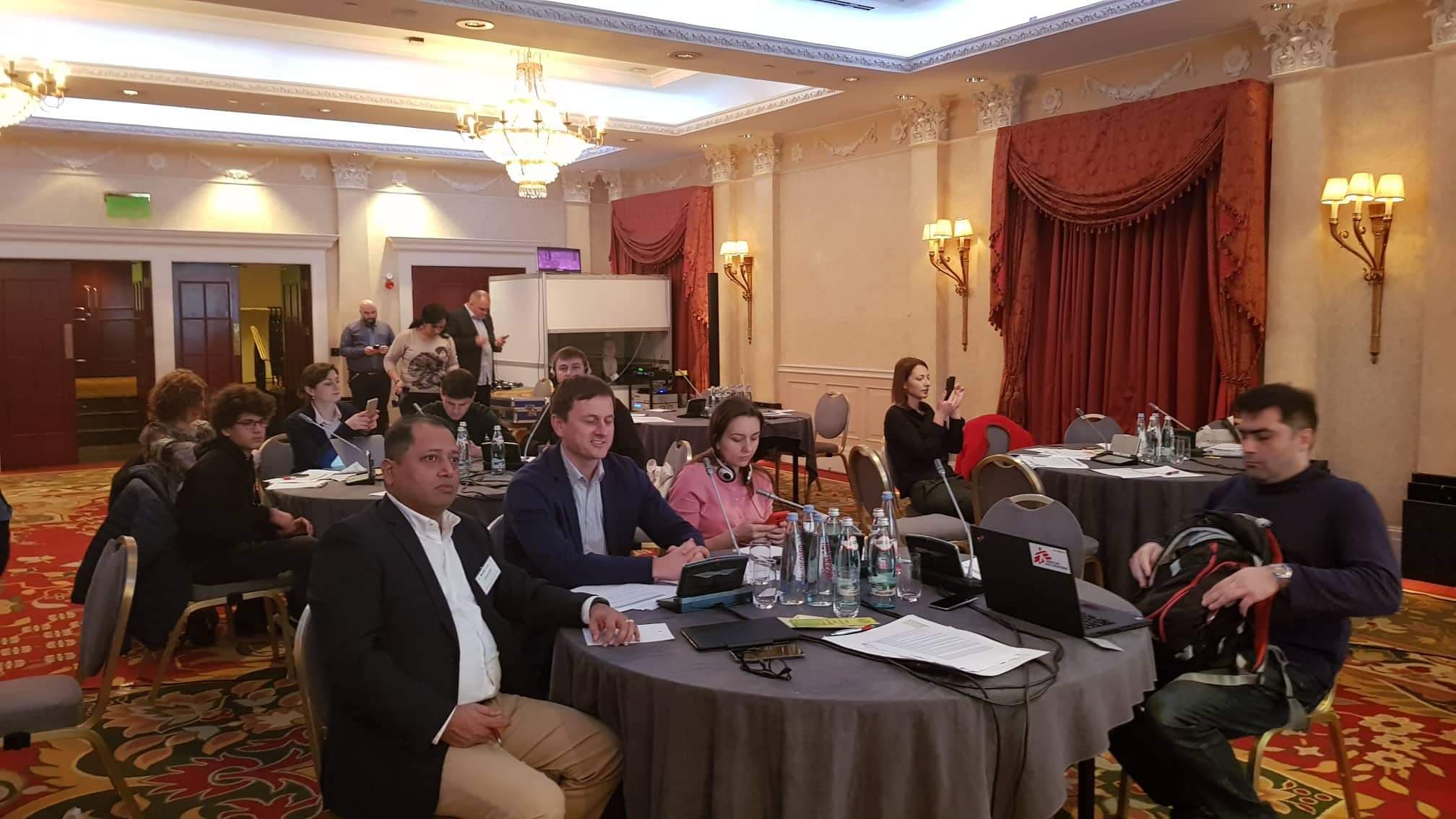 Also, during the discussion about challenges and opportunities in transition to people-centered TB care, the Alliance results of active finding of TB among key and vulnerable populations and the Alliance experience of Advocacy campaign for registration of HCV treatment in Ukraine were presented.
Also, during the discussion about challenges and opportunities in transition to people-centered TB care, the Alliance results of active finding of TB among key and vulnerable populations and the Alliance experience of Advocacy campaign for registration of HCV treatment in Ukraine were presented.




